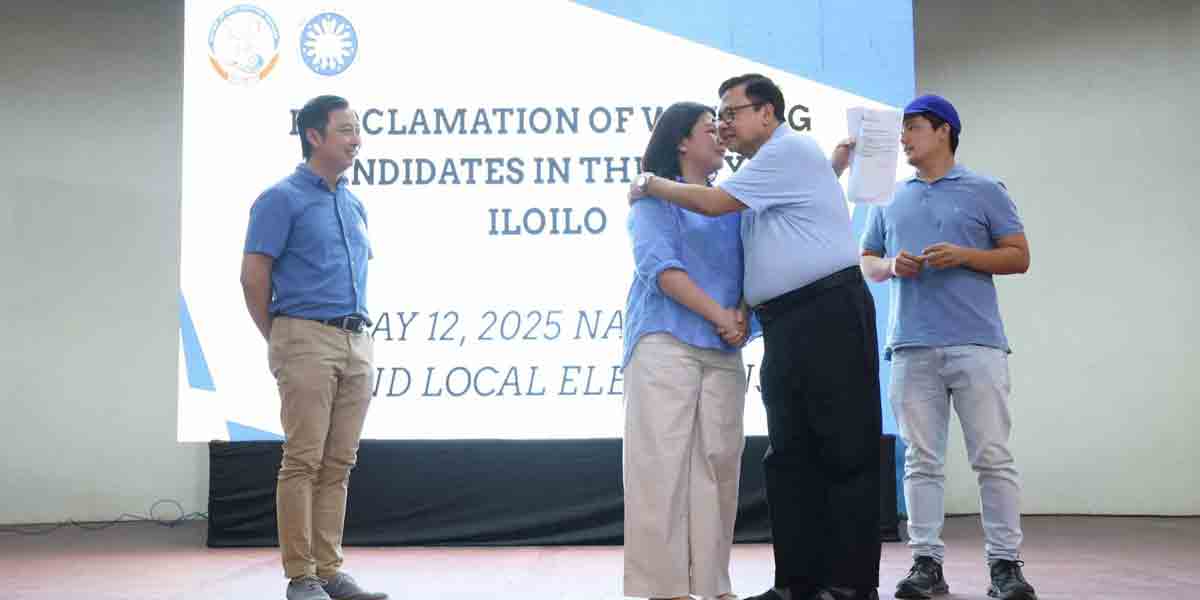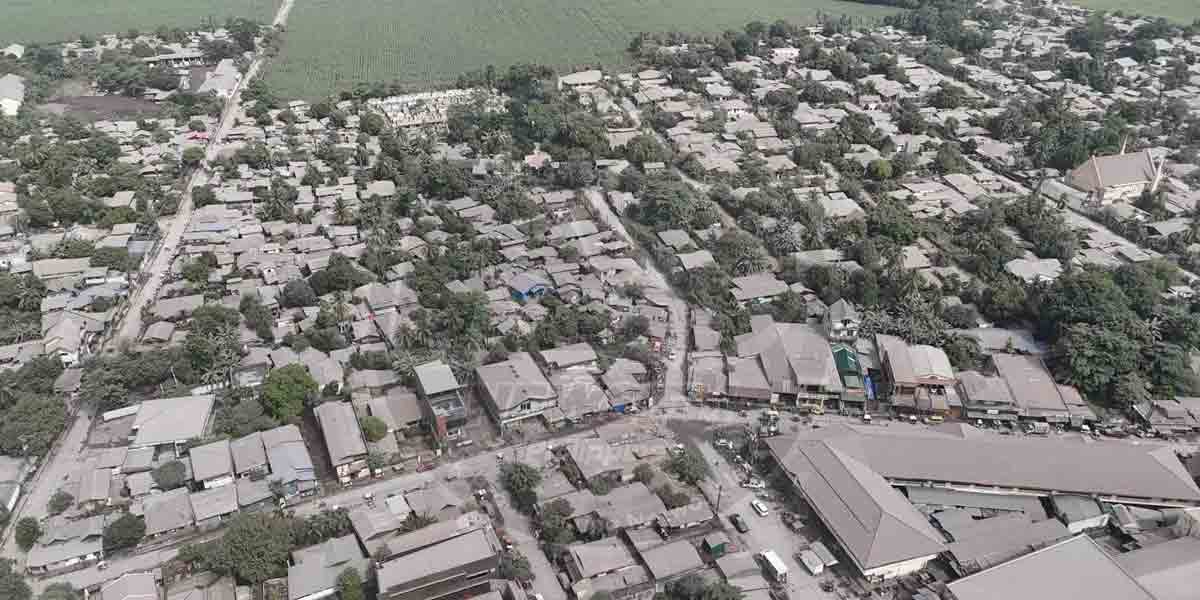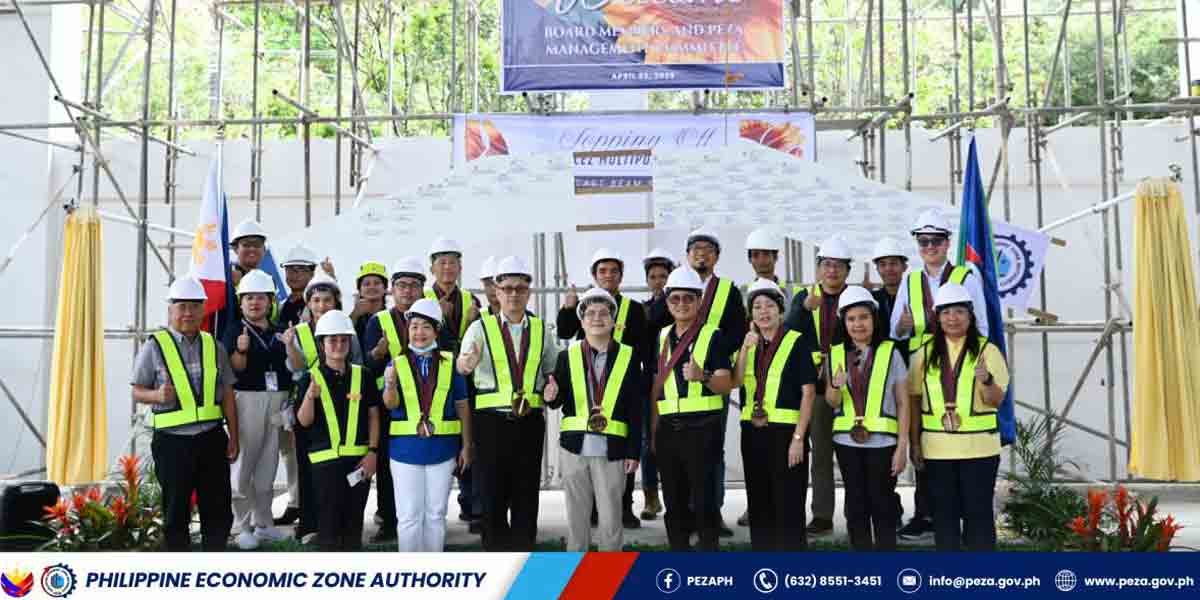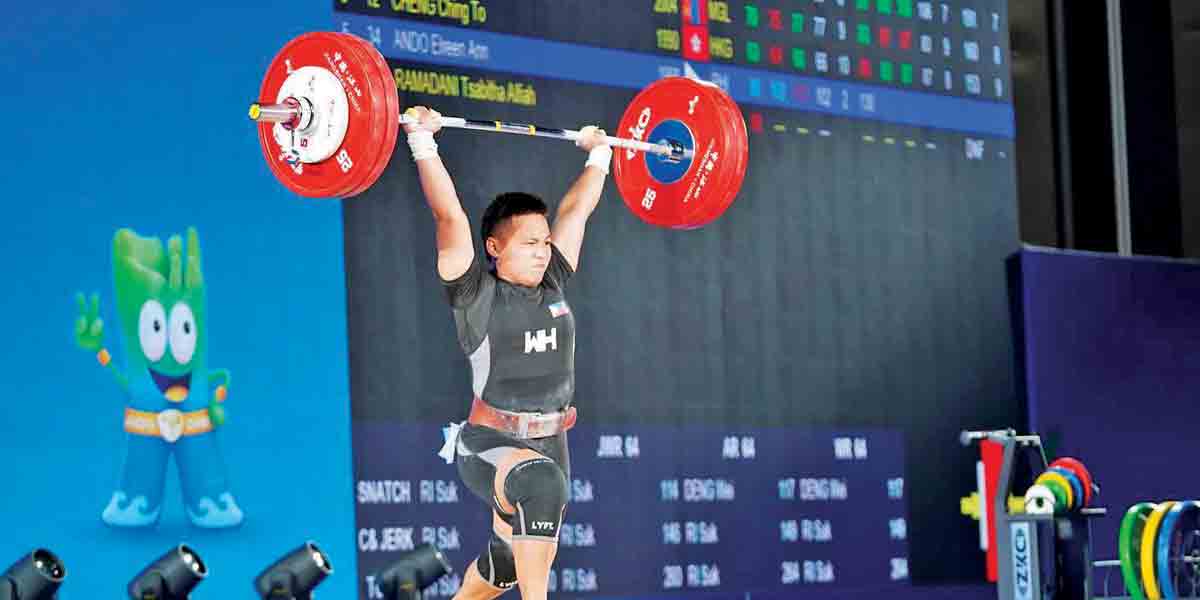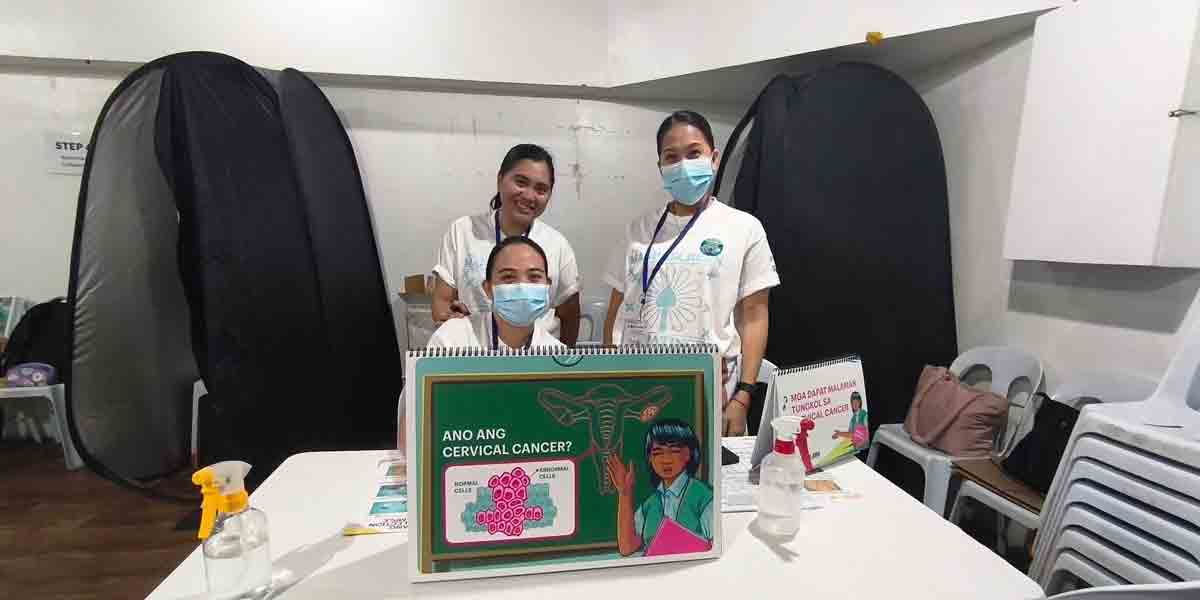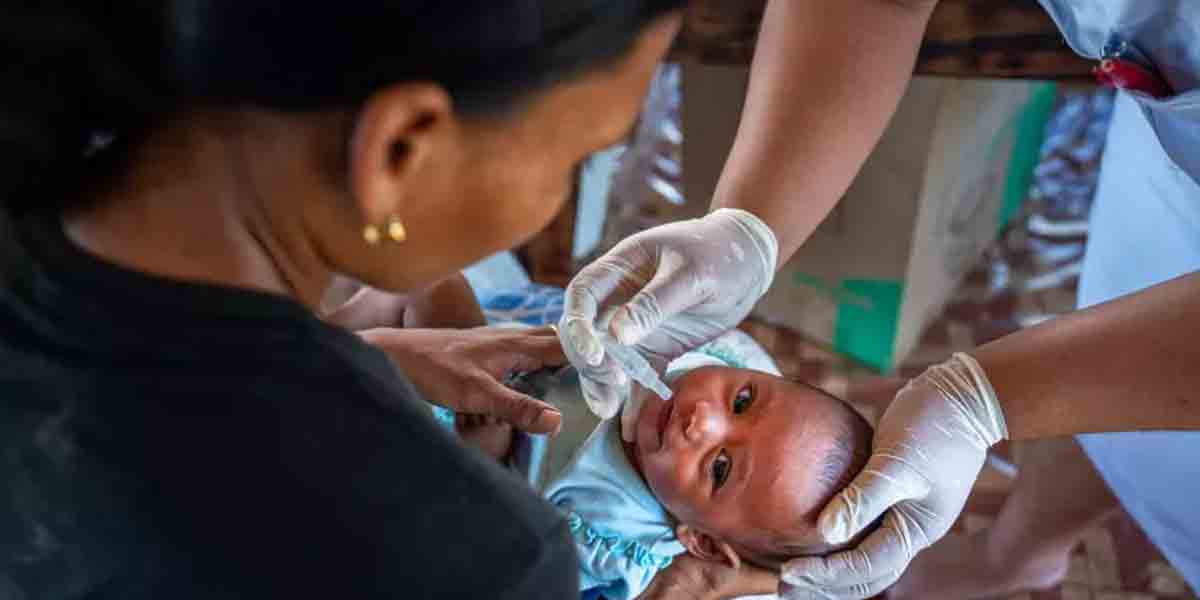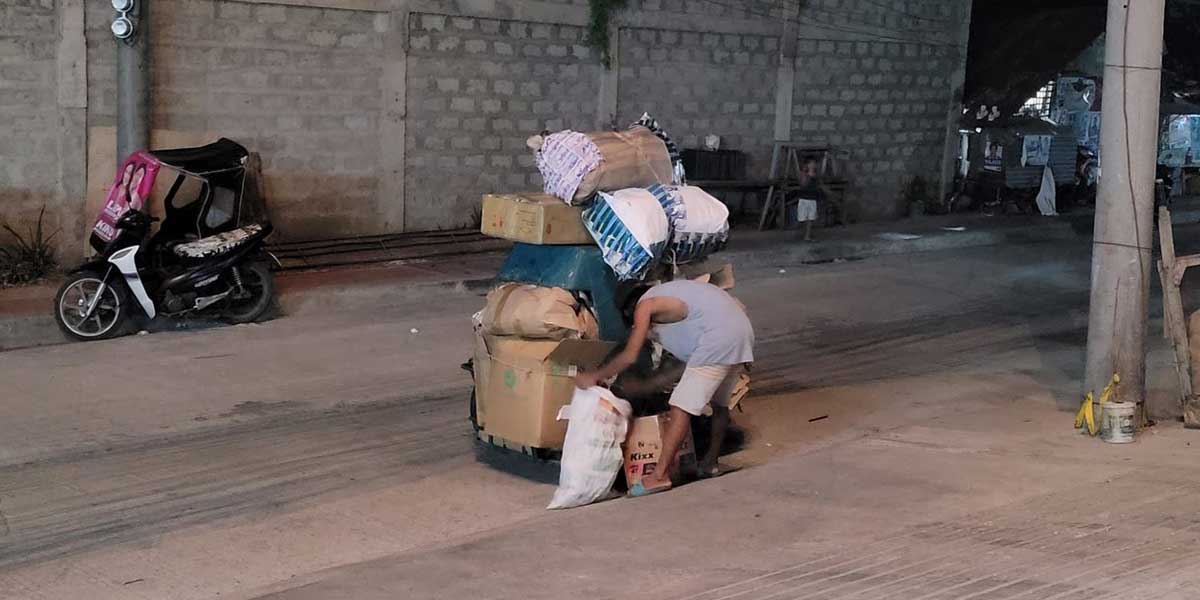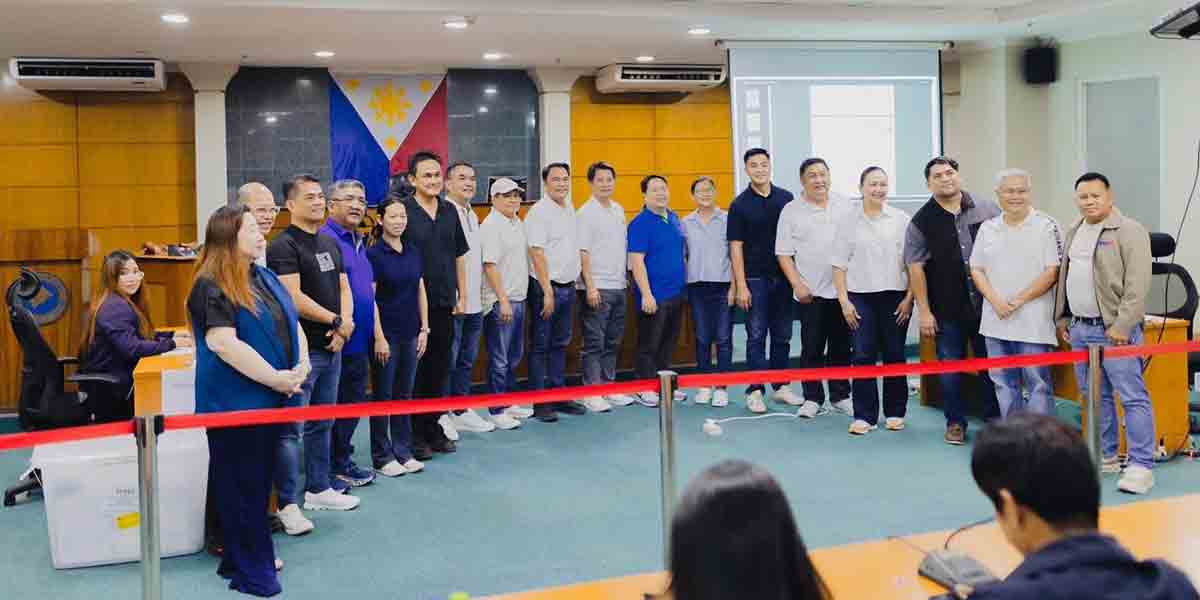The Information Technology and Business Process Association of the Philippines (IBPAP) and the Semiconductor and Electronics Industries in the Philippines, Foundation, Inc. (SEIPI) called on the Senate to ratify the Regional Comprehensive Economic Partnership (RCEP).
IBPAP represents over 332 member-companies and six partner associations engaged in the country’s business process outsourcing (BPO) industry and related sectors.
According to Jack Madrid, president of IBPAP, “We believe that RCEP will increase external trade and spur more investments that create more livelihood and other business opportunities in the country.”
He added that the stable regulatory environment provided by RCEP would improve the Philippines attractiveness to investors and accelerate the economy’s recovery, stressing that the country had the potential to be a manufacturing and services hub under the agreement.
“RCEP also promises seamless production networks among the members who will be tied to common standards, disciplines on intellectual property, rules of origin, customs process, e-commerce and competition policy. With stable and predictable rules, the Philippines could aspire to become a regional manufacturing and services hub, thereby creating much-needed domestic jobs. This framework will benefit the IT & Business Process Management Industry by making the country a more attractive investment destination and help expedite the economic recovery from the pandemic by creating more job opportunities,” he explained.
SEIPI noted the advantages RCEP will bring to the industry that employs over 3 million direct and indirect workers in 2020.
Dan Lachica, SEIPI President wrote in their position paper, “the country’s participation in this partnership will allow us to take advantage of the enhanced market access, more sources of raw materials, and improved trade relations with the countries already implementing the agreement.”
He highlighted that the improvement on the Philippines’ Foreign Direct Investments (FDI) net inflows which is at 48.1% increase in January to October 2021 compared to 2020 of the same period, as reported by the Banko Sentral ng Pilipinas (BSP), may be affected by the country’s non-ratification of the RCEP Agreement. Investors will be discouraged if such will happen and forestall post-pandemic economic recovery and growth.
Furthermore, he emphasized that the electronics industry which in 2020 accounted for USD39.67-B, or 62.2% of the Philippines’ total commodity export, and employs over 3 million direct and indirect workers will benefit from the Agreement.
“Due to its liberalization of trade by eliminating 90% of tariffs within member countries, active participation in RCEP will reduce the overall cost of imported materials and exported goods for the electronics industry. Being the largest trade pact representing 50% of global manufacturing output and 70% of electronics, RCEP can provide the Philippines greater market access by increasing trade with China, Australia, New Zealand, and other ASEAN countries”, Lachica added.
The Agreement which will increase market access with RCEP member countries will also complement SEIPI’s electronic roadmap. “This may likewise move the Philippine electronics industry up the global value chain, which is the goal of SEIPI’s electronics roadmap called PATHS (Product and Technology Holistic Strategy)”, wrote Mr. Lachica.
In addition to the fact that the RCEP will increase market access for the industry, the 15-member Agreement will also be complementary to certain provisions of the CREATE Act which was signed in 2021.
In terms of the country’s competitiveness as an investment hub for the semiconductors and electronics industry, “the ratification of the RCEP is a big step in improving our competitiveness as an investment destination for semiconductors and electronics, most especially against our ASEAN neighbors who are significantly doing better”, Mr. Lachica wrote.
The RCEP Agreement is an economic treaty brokered by the Association of Southeast Asian Nations (ASEAN), of which the Philippines is a member, and its dialogue partners – Australia, China, Japan, New Zealand, and South Korea. It is estimated to be the largest trade bloc in the world, representing 30% of the global GDP.
The RCEP Agreement was signed by the ministers of 10 ASEAN Member States and 5 dialogue partners last 15 November 2020. The Agreement took effect last 1 January 2022 for 10 Signatory States, for South Korea on 1 February 2022, and will be implemented by Malaysia on 18 March 2022.
The Agreement was ratified by President Rodrigo Roa Duterte last 02 September 2021, with the measure being deliberated in the Senate for concurrence.


